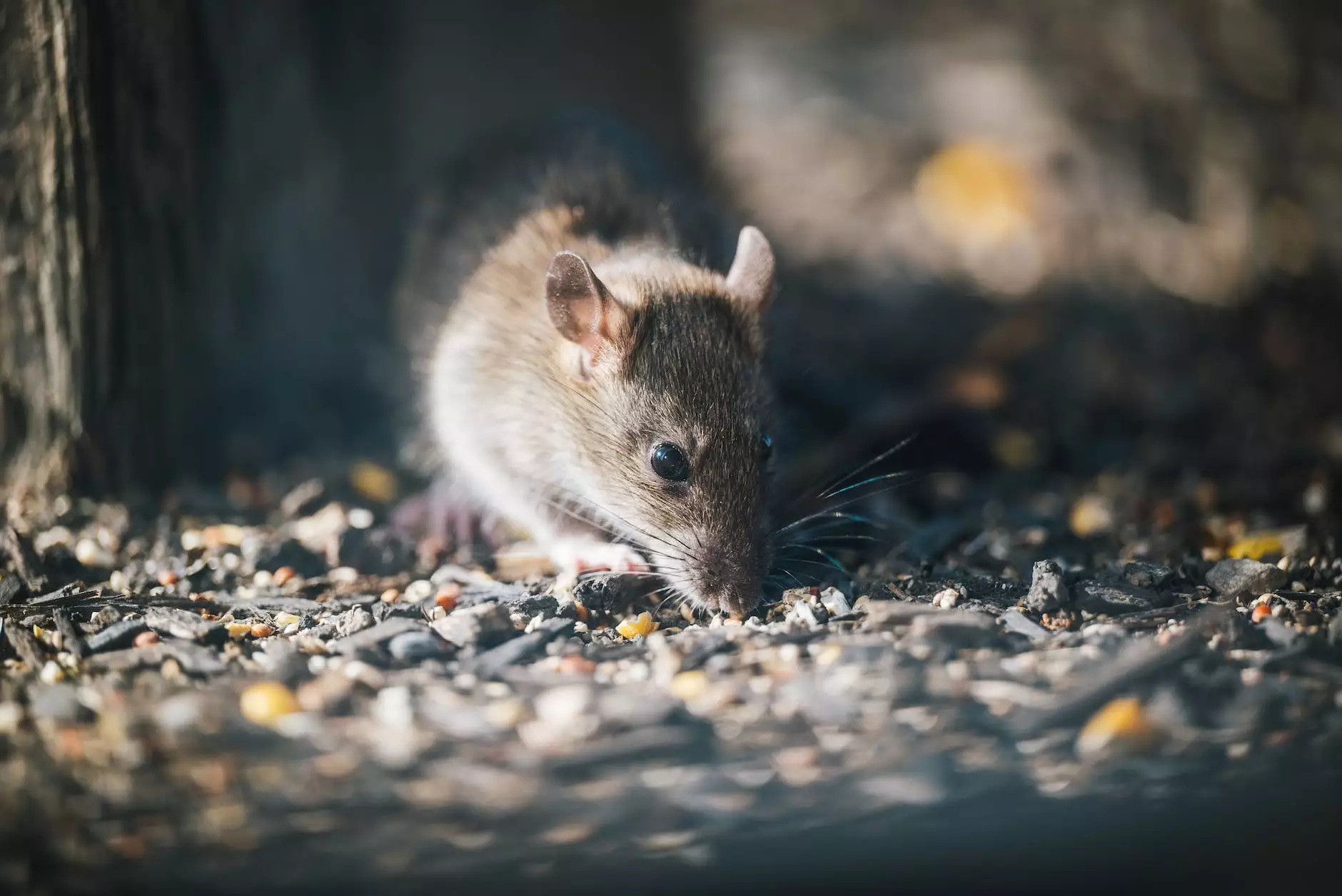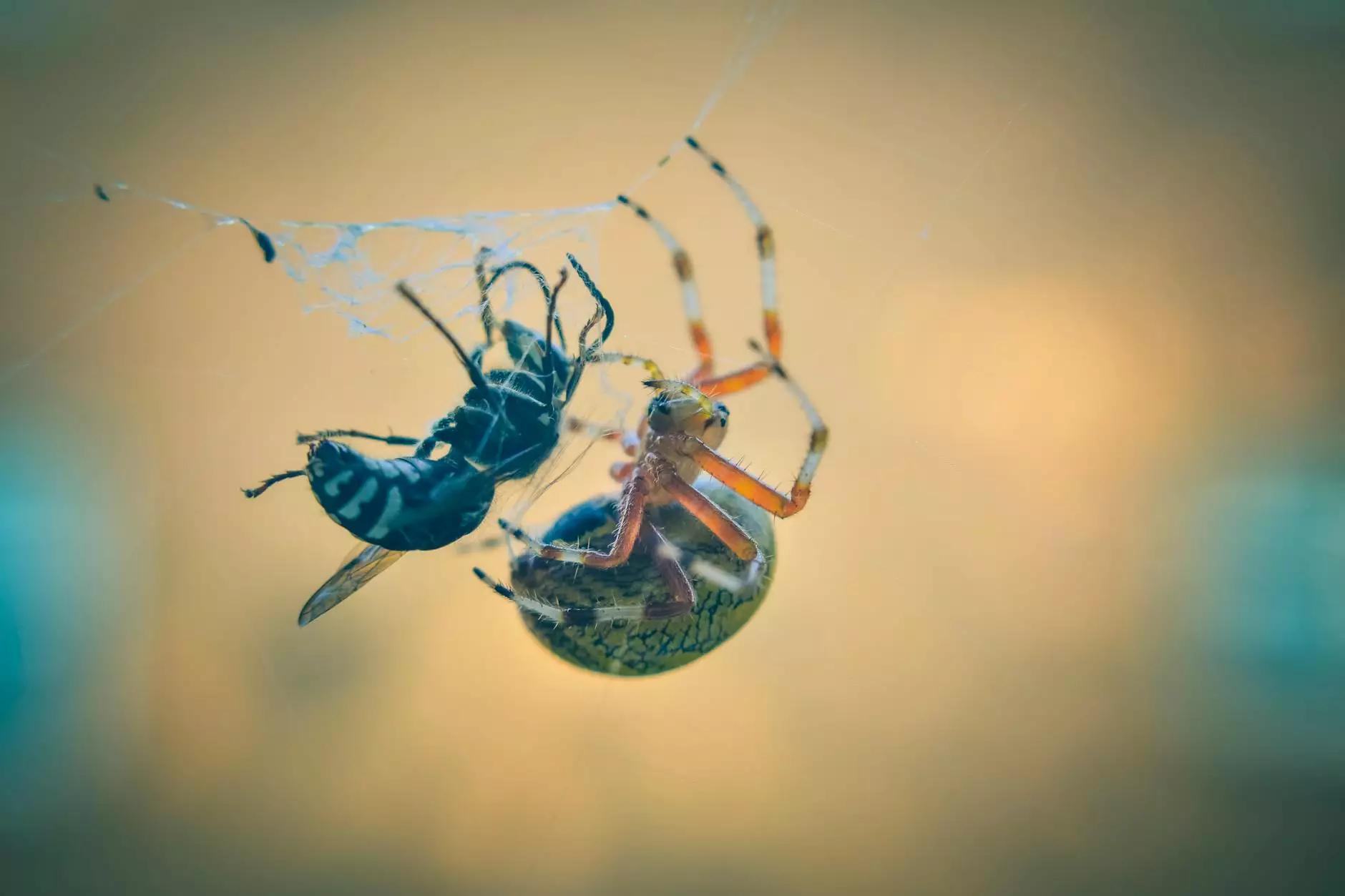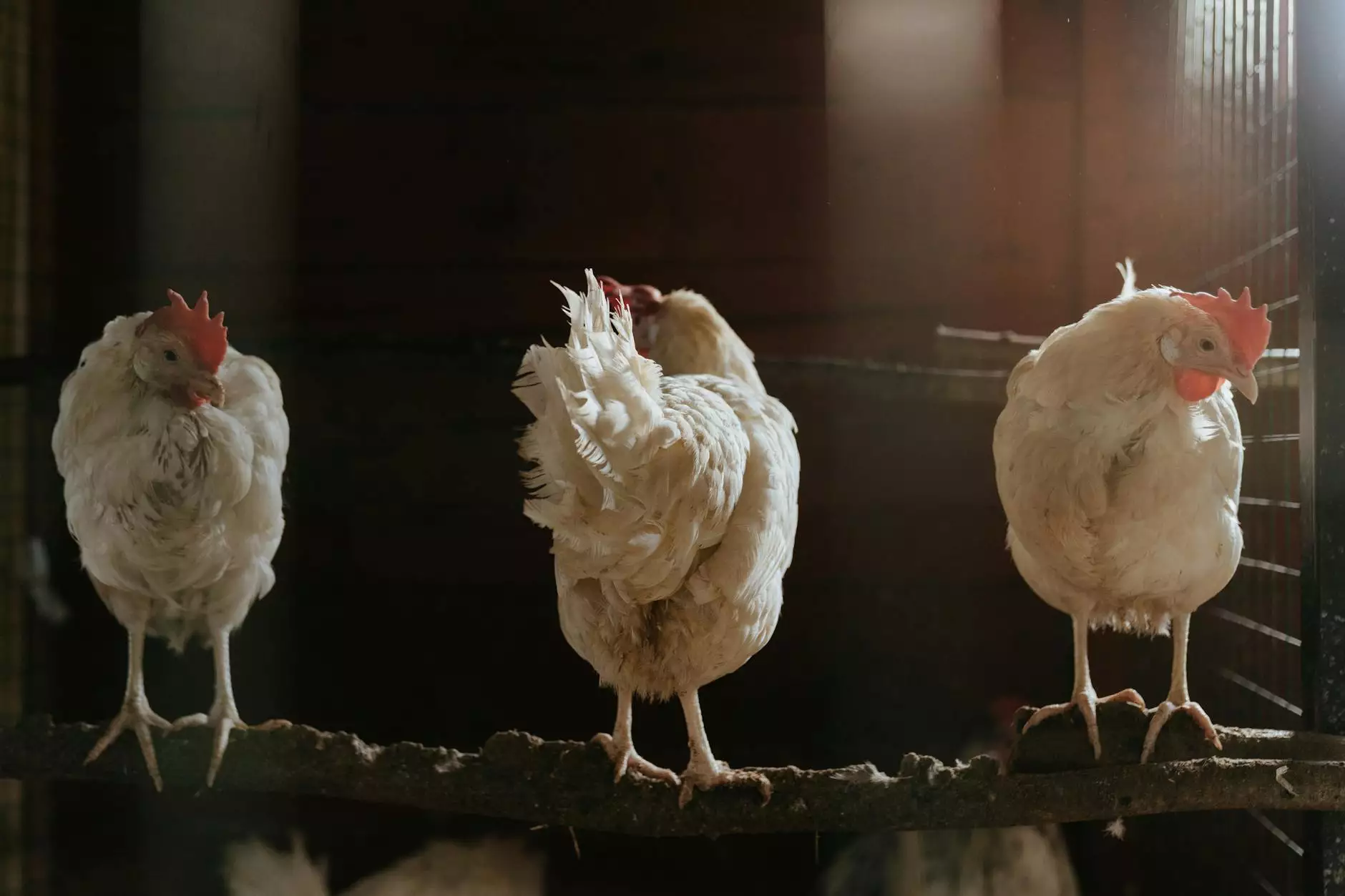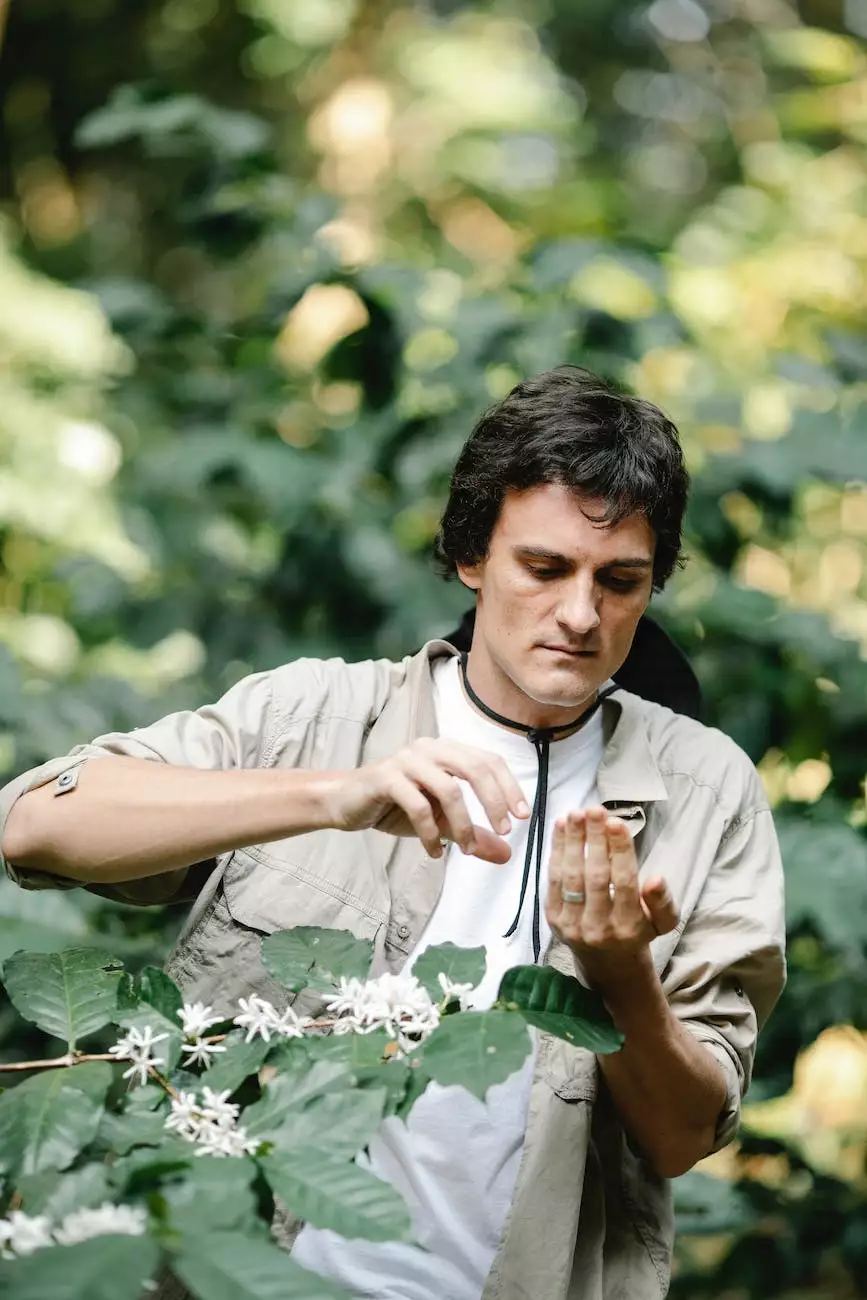Integrated Pest Management (IPM) - Lecture #708

Introduction to Integrated Pest Management (IPM)
Medlin Equipment welcomes you to explore the world of Integrated Pest Management (IPM). As a leading provider of pest control equipment and services, we understand the importance of implementing effective strategies to manage pests in various environments. In this lecture, we will delve into the topic of IPM and highlight its significance in creating a pest-free environment.
Understanding the Importance of IPM
Integrated Pest Management (IPM) is a holistic approach to pest control that emphasizes prevention, monitoring, and control measures tailored to each unique situation. Unlike conventional pest control methods that rely heavily on pesticides, IPM focuses on long-term solutions that are safe, environmentally friendly, and economically viable.
Key Components of Integrated Pest Management
1. Pest Identification:
Effective IPM begins with a thorough understanding of the pests present in your environment. Identifying the specific pests allows for targeted control methods and helps prioritize interventions.
2. Monitoring and Assessment:
Regular monitoring helps track pest activity, identify infestation patterns, and gauge the effectiveness of control measures. This data-driven approach enables proactive decision-making and reduces the reliance on reactive treatments.
3. Prevention:
Preventing pests from entering your premises is key to long-term pest control success. IPM emphasizes adopting preventive measures such as sealing cracks, proper waste management, and implementing good hygiene practices.
4. Cultural Controls:
IPM encourages the use of cultural practices that deter pests naturally. This may include crop rotation, mulching, companion planting, and maintaining proper sanitation practices.
5. Biological Controls:
Utilizing natural enemies of pests, such as predators, parasites, and pathogens, is a crucial component of IPM. Biological controls offer a sustainable and eco-friendly solution for pest management.
6. Mechanical and Physical Controls:
Implementing physical barriers, traps, and mechanical devices can effectively reduce pest populations. These control methods are often non-toxic and provide targeted solutions.
7. Chemical Controls (as a Last Resort):
While chemicals may be necessary in some cases, IPM ensures their judicious and limited use. The focus is on employing low-toxicity options, precise application, and considering the potential impact on non-target organisms.
Implementing IPM with Medlin Equipment
Medlin Equipment provides a comprehensive range of tools, equipment, and services to support your IPM initiatives. Our experienced team can guide you in implementing an effective IPM program customized to your specific needs, ensuring optimal pest management outcomes.
Our IPM Products and Services
At Medlin Equipment, we offer:
- Precision application equipment for targeted pesticide use
- Monitoring devices for accurate pest detection and tracking
- Biological control solutions that harness the power of nature
- Sanitation equipment for maintaining high hygiene standards
- Training and educational resources for IPM best practices
- Consultation services to develop tailored IPM plans
- Pest management software for data collection and analysis
Contact Us for Expert IPM Solutions
Trust Medlin Equipment for all your Integrated Pest Management needs. Our team of skilled professionals is ready to assist you in implementing effective and sustainable pest control strategies. Contact us today to schedule a consultation and take a step towards creating a pest-free environment.




